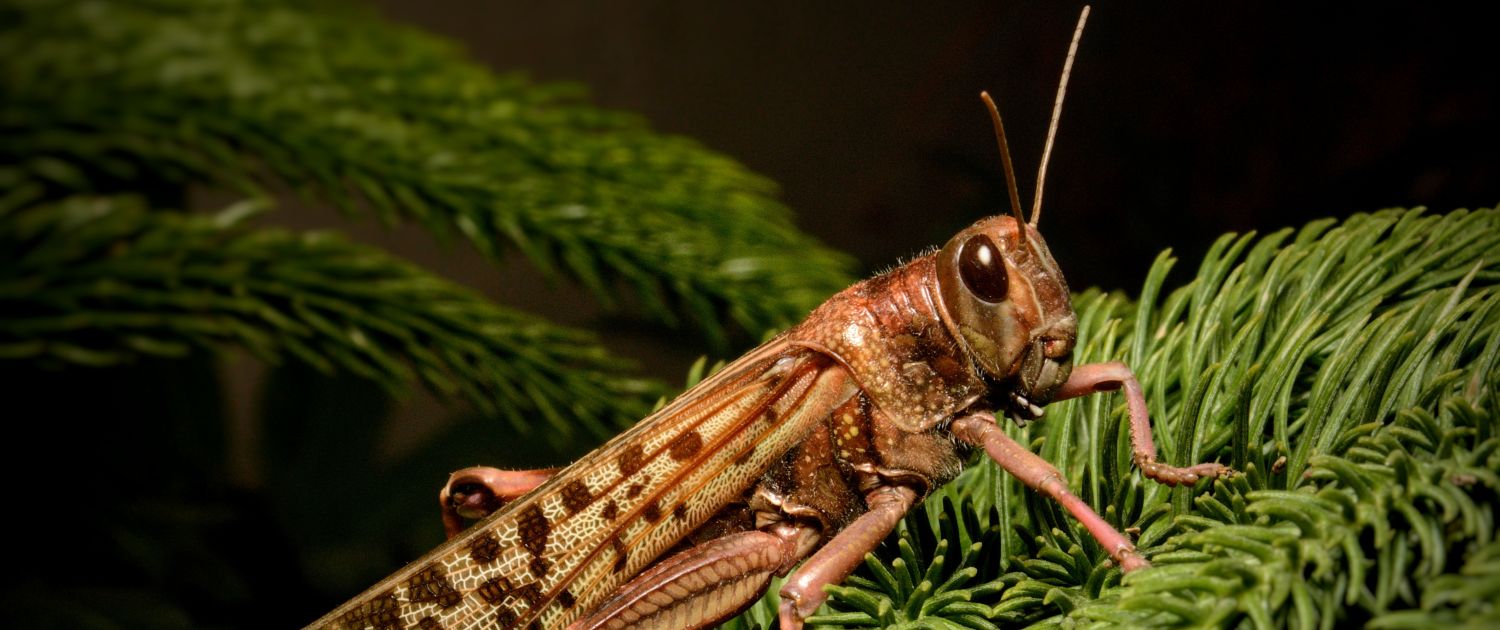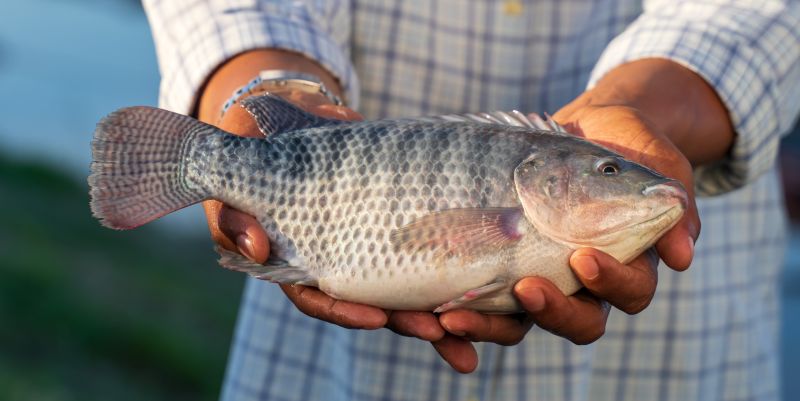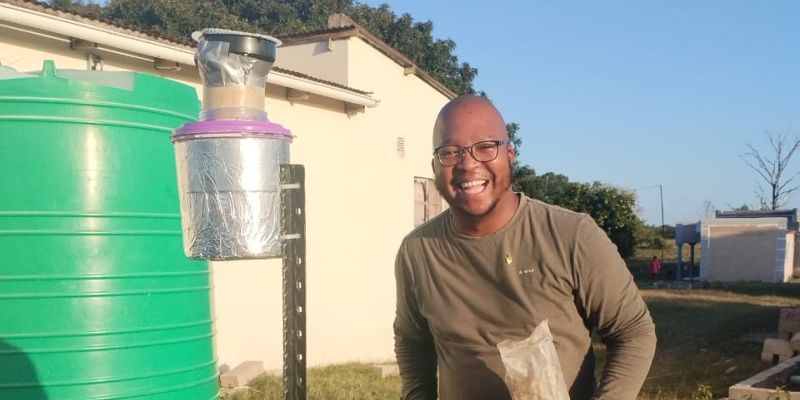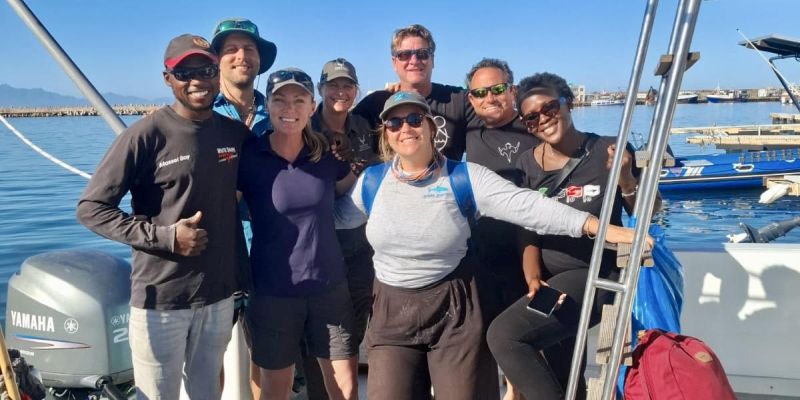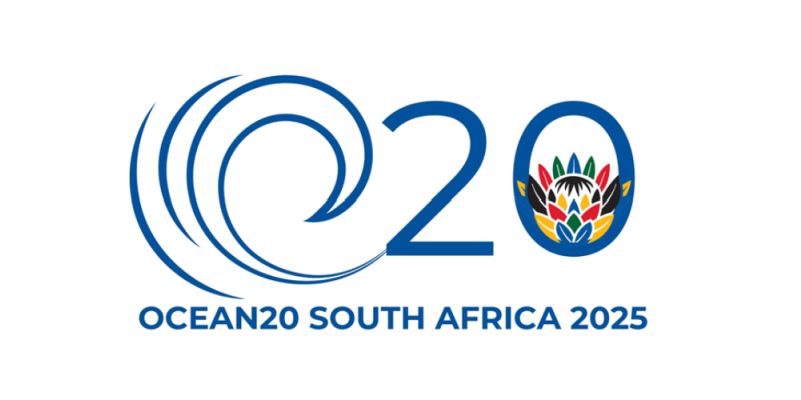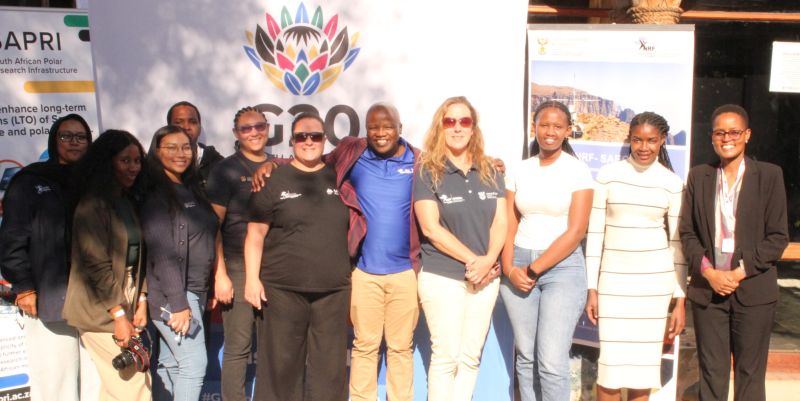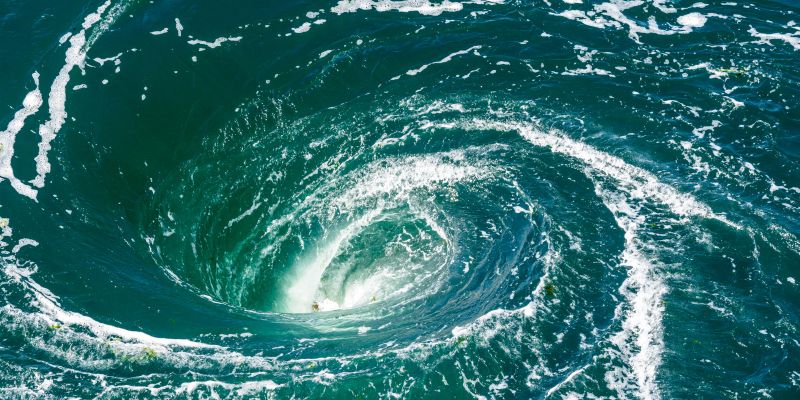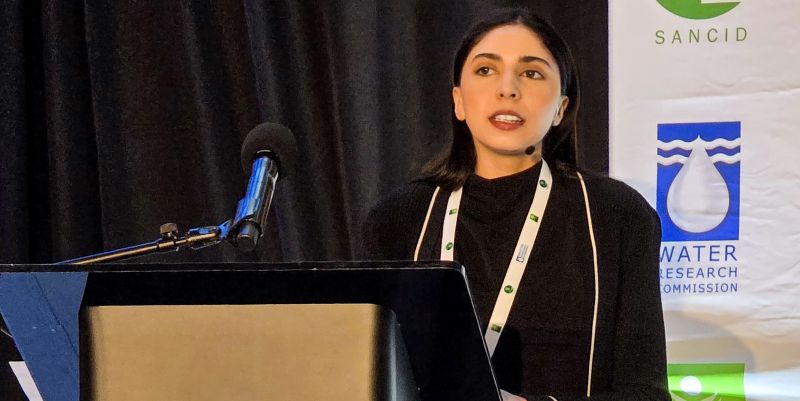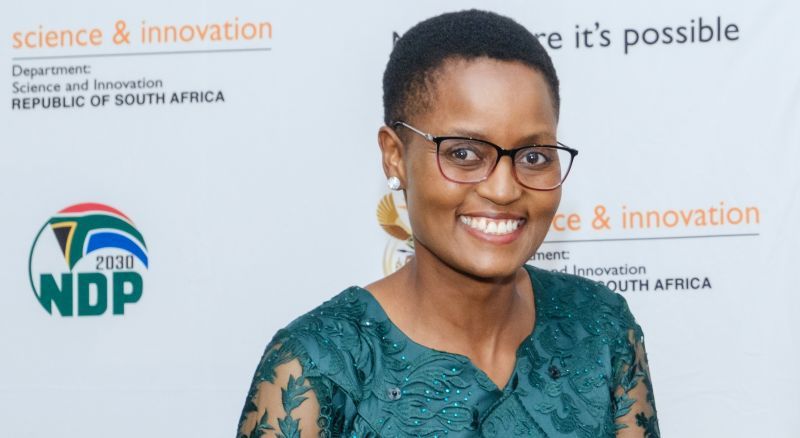Only a few people can keep up with the rapidly advancing frontier of knowledge, and they have to devote their whole time to it and specialise in a small area. The rest of the population has little idea of the advances that are being made or the excitement they are generating.
~ Stephen Hawking, A Brief History of Time

